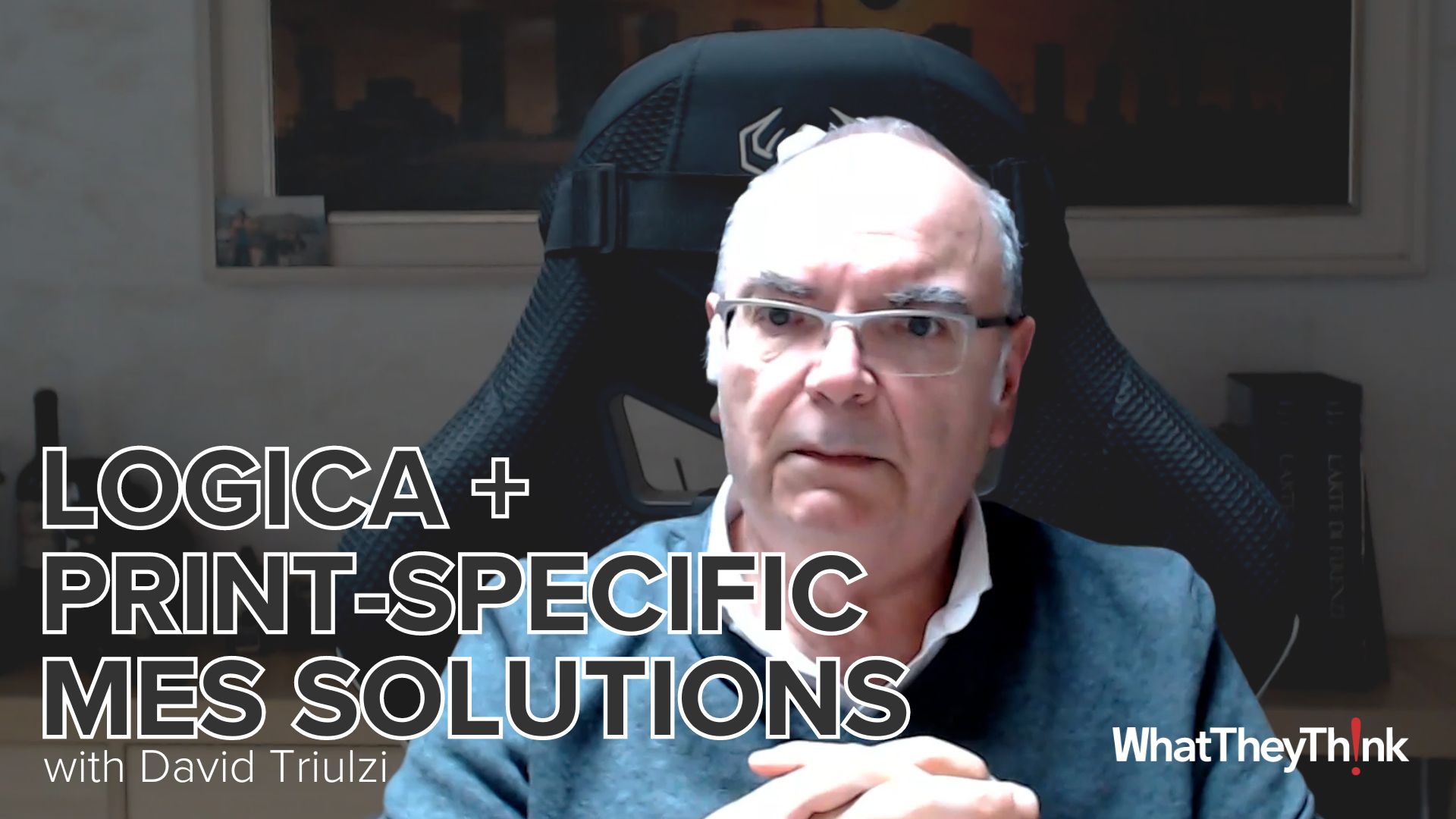By Jeannette McMurtry September 11, 2006 -- A great deal has been written about marketing techniques and best practices that draw customers and keep them for a lifetime. While all such themes have their place in helping you build a successful marketing program, there is a single critical element that all companies must have for their marketing programs to pay off: positive energy. It has always amazed me how quickly negative energy stalls good intentions. When employees aren't happy, what are they doing? As I observe and have observed organizational behavior at the various places I've worked, it has always amazed me how quickly negative energy stalls good intentions. When employees aren't happy, what are they doing? Venting negative energy to each other behind closed doors; searching job listings; thinking of how much they dislike their jobs; making assumptions and jumping to conclusions. What are they NOT doing? Going the extra mile for customers; fulfilling marketing campaign promises with efficiency and cheerfulness; encouraging friends and associates to do business with you; thinking of innovative ways to cut expenses and increase quality; networking to build new sales leads; forging partnerships with companies that can help build yours. The list goes on. We've all been there and know exactly what I am talking about. However, you might not know the impact of negative energy on your efforts to build your business? Consider: The CEO or president that is always right and never listens to the talent hired to develop marketing programs: I once worked for a company with a president that could not see beyond his own chin. He based decisions wholly on whims and whatever came to mind at the time. He didn't value research about industry trends and customer decision processes; he didn't value any type of strategic planning. He only valued his own thinking and limited perspective on building a business. As a result, the company ended up spending all their marketing dollars on a sponsorship deal targeting the general public rather than specific customers in their industry; and had no relevancy at all to their products. Not only was this a waste of precious marketing dollars, it took all the positive energy out of the marketing staff who learned quickly their ideas, plans, and expertise wasn't valued. Moving forward, this same team just took orders from the boss and gave up trying to build a brand. Needless to say, the company is not around today. Once a worker has lost his or her passion to serve a leader, they typically put in less energy coming up with new ideas Broken promises and outright lies: Few things destroy a company's positive energy than leaders who make promises they have no intention of keeping, or tell even little untruths to avoid a conflict. I can't tell you the hours I've spent listening to colleagues talk about shattered respect for leaders when this happens--hours that could have been spent by myself and colleagues serving customers, completing projects, or generating new sales leads. Not only does this dishonest behavior result in wasted man hours, it results in lost passion. Once a worker has lost his or her passion to serve a leader, they typically put in less energy coming up with new ideas; innovating solutions to challenges; and serving customers with contagious enthusiasm. Instead, they just do what they have to do to get the job done and keep a paycheck coming. This is not how companies grow and thrive in a difficult marketplace. Companies that thrive are those where people respect and trust their leaders, and want to serve them with the same type of integrity they receive. When I decided to work with my current company, I was asked to sign an oath that I would not lie and that I would not tolerate other people's lying in the workplace. This was refreshing. It told me immediately that I could trust my leaders and that honesty was a company value that filtered down from the top. Nothing to work toward: One of the most bizarre movies I ever saw was Joe and the Volcano. Very strange story line and not typically something I would find myself engrossed in let alone remember. Yet, it touched on a basis human need we all have: self fulfillment, growth and actualization (per Maslow's hierarchy of needs). It starts out with Tom Hanks going to a dismal job, in a dismally dark and drab environment, with even more dismal and uninspiring people. It was a "punch in" and "punch out" kind of job where no one cared about each other, there was no rewarding task or end in sight, no joy and absolutely nothing to look forward to. Yet Tom Hanks' character kept going, until one day when he discovered he had a brain cloud and was dying. So he quit. Upon quitting, he literally came to life. He discovered color, adventure, joy, excitement, dreams and a life that was worth living. He became passionate about living and had living to look forward to. As I don't want to give away the punch line to this movie, I won't give you any more details, however, my point is that when workers have nothing to look forward to in terms of their own growth and fulfillment, they develop brain clouds. They forget how to think, how to become excited, how to care and how to build positive energy among their peers, how to rally the troops toward a worthy cause, how to add value to their brand and delight customers. Their potential to build your business becomes clouded. When workers have nothing to look forward to in terms of their own growth and fulfillment, they develop brain clouds. Thriving companies understand the danger of seeding negative clouds among employees and put in place structures, processes and paths to direct employees at all levels toward worthy goals, fulfilling careers and self actualization. Marketing programs are dependent on good customer service as promises and offers are fulfilled. When employees have lost their passion or suffer from brain clouds, they fail to enthuse customers and provide the type of service that keeps them coming back for more. Remember, businesses are only made of people, and when people thrive, so do businesses.
Commentary & Analysis
Brain Clouds and Other Interference
By Jeannette McMurtry September 11,
About WhatTheyThink
WhatTheyThink is the global printing industry's go-to information source with both print and digital offerings, including WhatTheyThink.com, WhatTheyThink Email Newsletters, and the WhatTheyThink magazine. Our mission is to inform, educate, and inspire the industry. We provide cogent news and analysis about trends, technologies, operations, and events in all the markets that comprise today's printing and sign industries including commercial, in-plant, mailing, finishing, sign, display, textile, industrial, finishing, labels, packaging, marketing technology, software and workflow.
- Inkjet Integrator Profiles: DJM
- Spring Inkjet Update – Webinar
- Security Ink Technologies for Anti-Counterfeiting Measures
- Komori unveils B2 UV Inkjet
- Keeping Nozzles Fresh with Flow
- Komori to Unveil the J-throne 29 Next Generation Digital Press at drupa 2024
- Inkjet drives convergence of transactional and graphic arts applications
- The Inevitability of Technology Shifts and How to Communicate with Credibility

WhatTheyThink is the official show daily media partner of drupa 2024. More info about drupa programs
© 2024 WhatTheyThink. All Rights Reserved.








